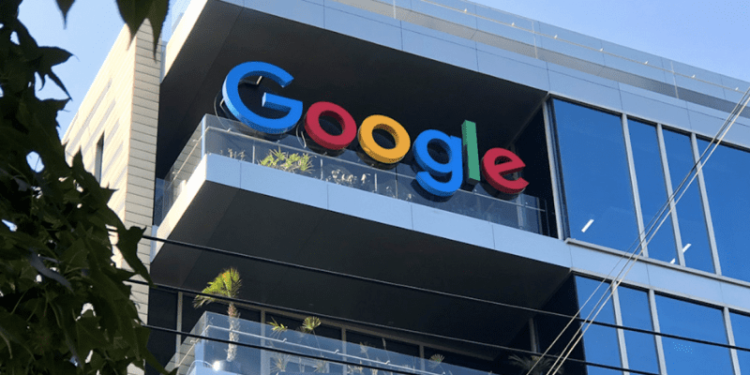Google is facing accusations of patent infringement from Singular Computing, founded by computer scientist Joseph Bates, regarding the development of its artificial intelligence (AI) processors. The trial, scheduled to commence in Boston, centers on Singular’s claim that Google employed Bates’ technology in its AI-powered services such as Google Search, Gmail, and Translate.
Singular contends that Google’s Tensor Processing Units (TPUs), crucial for advancing AI capabilities, violate Bates’ patented technology, constituting a breach of two patents. The 2019 complaint alleges that Bates collaborated with Google from 2010 to 2014, sharing his innovations in computer processing. Singular argues that Google’s TPUs replicate Bates’ architectural discoveries, resulting in enhanced processing power and transformative advancements in AI training and inference methods.
In its defense, Google asserts the independent development of its processors over several years and intends to challenge the allegations in court. The tech giant underscores distinctions in the functionality of its processors compared to Singular’s patented technology. Additionally, Google emphasizes the rejection of Bates’ idea, citing misalignment with their intended applications.
The anticipated two-to-three-week trial aims to address Singular’s claim for monetary damages totaling USD7 billion. If granted, this award would exceed the largest-ever patent infringement settlement in U.S. history. With both parties staunchly defending their positions, the trial serves as a crucial platform for resolving this high-stakes dispute over AI technology.












